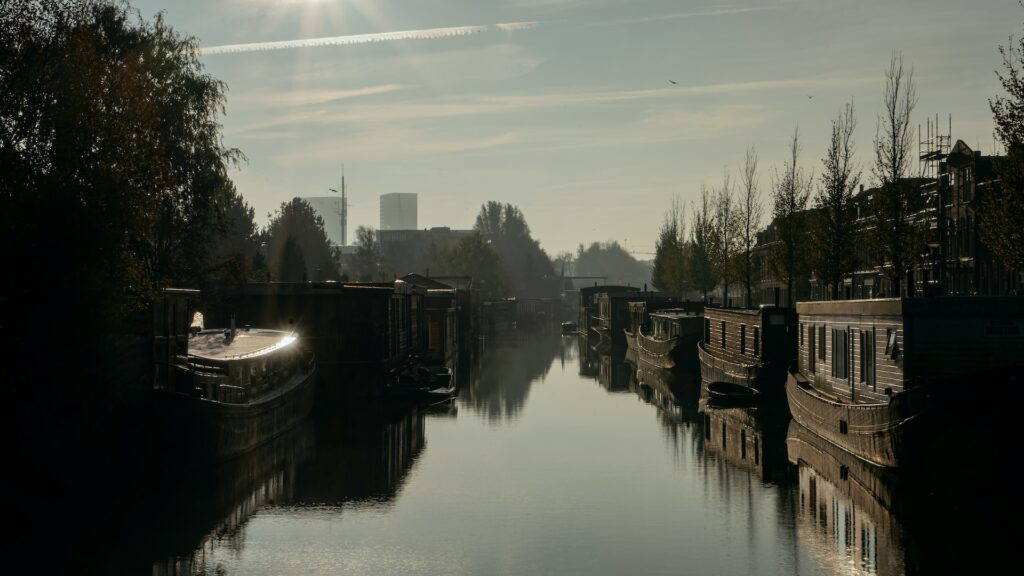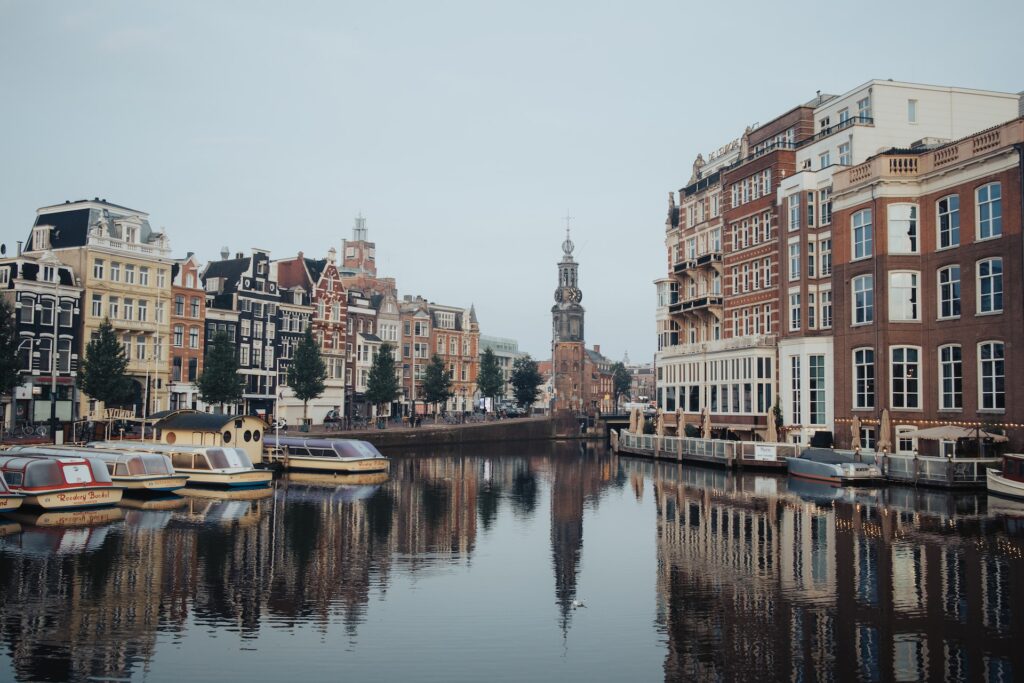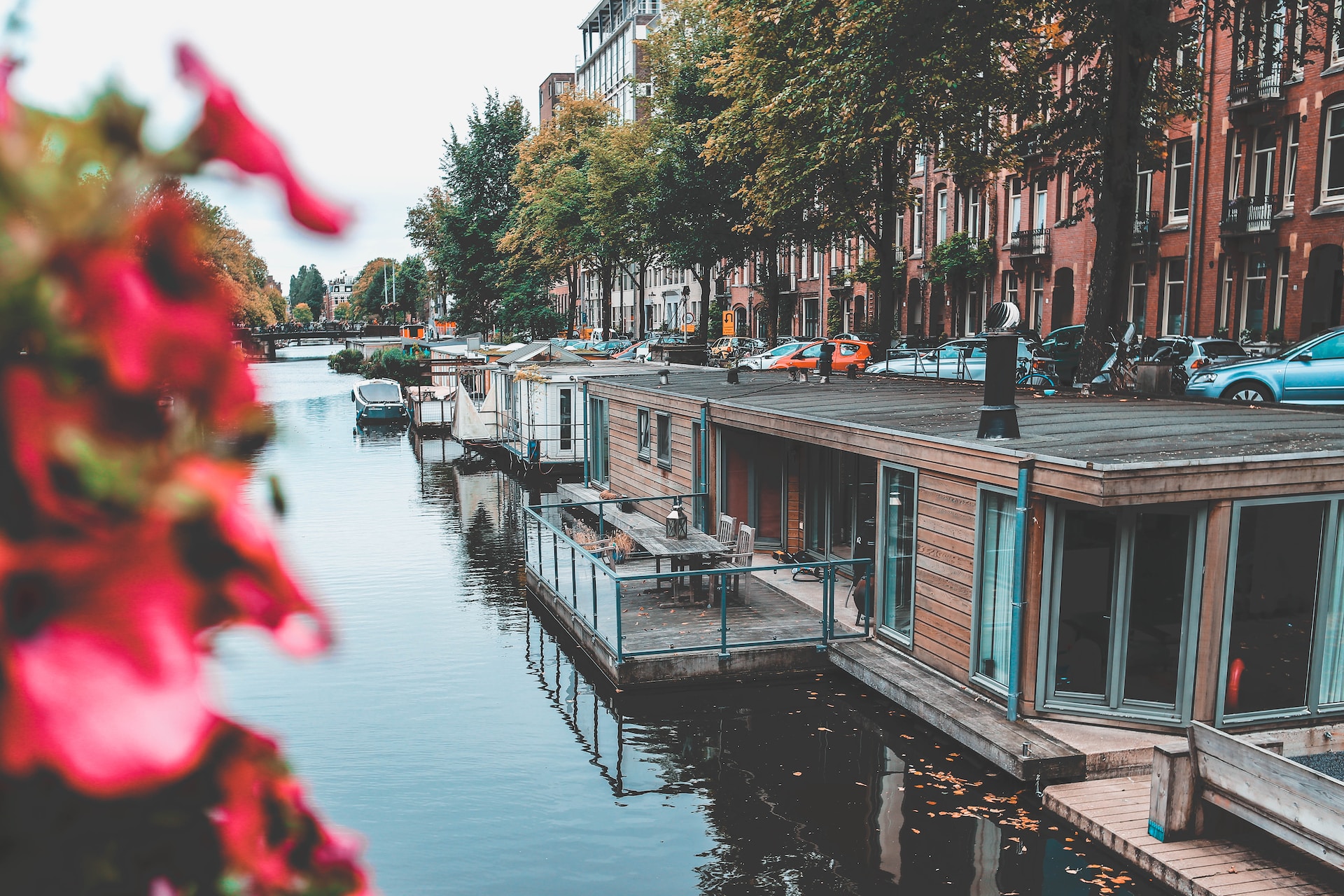Introduction
Are you contemplating a move away from conventional housing towards something more distinctive? A boathouse might just be on your radar. In this post, we’re going to explore the various facets of boathouse ownership. We’ll cover everything from the financial aspects, like financing and taxes, to the lifestyle benefits and potential challenges you might face. Boathouses, known as woonboot in the Netherlands, offer a unique living experience but come with their own set of considerations. They differ from standard real estate in significant ways, especially when it comes to funding and legal matters. As we navigate through these topics, you’ll gain a clearer understanding of whether a boathouse aligns with your housing aspirations and financial plans. Stay tuned as we dive into the world of boathouses, examining what makes them both appealing and complex.
Understanding Boathouses
Embarking on the journey of owning a boathouse begins with understanding what sets it apart. In the Netherlands, a boathouse, commonly known as a woonboot, is not just a quaint dwelling but a lifestyle choice. These floating homes offer a blend of residential comfort and the charm of life on water. They stand as a testimony to human ingenuity and adaptation, enabling a living experience that connects you intimately with the aquatic environment.
A woonboot is more than a house on water; it embodies a unique architectural philosophy. Design and construction vary widely, from modern, sleek water villas to traditional, cozy houseboats. This diversity means each boathouse carries its own character and appeal, providing a personalized touch to your living space.
The allure of a boathouse goes beyond its physical structure. It’s about embracing a way of life that resonates with freedom, closeness to nature, and a departure from conventional living spaces. Whether it’s the gentle rocking of the waves or the panoramic water views, a boathouse offers an escape into a serene, fluid world.
This connection to water isn’t just aesthetic but also practical. Boathouses are built with a keen understanding of their aquatic surroundings, employing innovative techniques to ensure stability, durability, and comfort. The fusion of these elements creates a living space that is both functional and harmonious with its environment.

Financing a Boathouse
When it comes to financing, the process diverges significantly from that of traditional homes. Understanding these nuances is key for potential buyers. First and foremost, a boathouse is classified as a movable asset rather than real estate. This classification impacts your financing options and the mortgage process.
In the Netherlands, the registration of a boathouse with the Kadaster is a crucial step. It establishes the boathouse as a registergoed (registered property), enabling the possibility of obtaining a mortgage. However, the path to securing a mortgage for a boathouse is not as straightforward as it is for land-based properties.
One of the primary challenges is the limited availability of mortgage providers. As of 2023, only a few financial institutions offer mortgages specifically for boathouses. This scarcity of options can make finding a suitable mortgage provider a more intensive process.
Moreover, the financing conditions for boathouses differ. Typically, you can finance up to 90% of the boathouse’s appraised market value, which is lower compared to traditional homes. This means you may need to have a larger down payment ready.
In addition, the interest rates for boathouse mortgages can be higher, and there might be additional requirements, such as accelerated repayment schedules. These factors can affect the overall affordability and feasibility of purchasing a boathouse.
Prospective buyers should also be aware of the specific criteria set by mortgage lenders. These often include the boathouse’s registration status, its condition, and the legal status of its mooring spot. Ensuring your chosen boathouse meets these requirements is essential for a smooth financing process.
The Cost of a Boathouse
Delving into the financial aspect of boathouse ownership, it’s clear that the cost extends beyond the initial purchase price. Comparatively, buying a boathouse can align with the cost of a standard house. However, the niche market of boathouses, particularly with limited mooring spots – around 12,000 in the Netherlands – plays a significant role in determining their value and demand.
The uniqueness of each boathouse, coupled with the scarcity of mooring locations, often creates a competitive market. This competition can drive prices, making some boathouses as costly as luxury homes, depending on their location and features. Additionally, the cost of a boathouse is not solely the purchase price; ongoing expenses such as mooring fees, maintenance, and any necessary upgrades should be factored into your budget.
Mooring fees, for instance, can range widely, sometimes reaching into the thousands annually. These fees vary based on the size of the boathouse and the location of the mooring spot. Maintenance costs also play a crucial role, as boathouses require regular upkeep to ensure safety and longevity, especially those with steel hulls that demand more frequent attention.
Legal and Tax Considerations
In the Netherlands, the legal status of a boathouse, often referred to as a “woonboot,” comes with unique considerations that differ markedly from traditional homes.
A key legal aspect involves mooring rights. Typically, boathouse owners do not own the land or water where the boathouse is moored. Instead, they usually operate under a licensing agreement. This agreement is often with the government or local authorities and can dictate various terms, such as the duration and conditions for the use of the mooring spot. Securing a legal and permanent mooring spot is crucial, as it impacts not only the legality of your residence but also its value and financing options.
In terms of taxation, boathouse owners face distinct scenarios. One notable tax is the ‘precario,’ a levy for using public land or water. This tax varies depending on the location and size of the mooring spot. It’s an ongoing expense that boathouse owners need to factor into their budget.
Another critical tax consideration is the ‘overdrachtsbelasting’ or transfer tax. While purchasing the boathouse itself may not attract this tax, any associated land or leased space might. This means if you’re buying a boathouse with an ownership or leasehold interest in the land, you could face a higher transfer tax rate compared to buying a conventional home.
Lastly, it’s important to consider the specific local regulations that may apply. These can include environmental regulations, safety standards, and local by-laws that govern boathouse living. Staying informed and compliant with these regulations is essential to ensure a smooth boathouse living experience.

The Upside of Living on a Boathouse
Living on a boathouse in the Netherlands offers unique and appealing benefits:
- Connection with Nature: Imagine starting each day with the serene beauty of water all around. This close bond with nature offers peace and a constantly evolving scenic view, enhancing the quality of life.
- Community Spirit: Boathouse residents often share a strong sense of community. This unique lifestyle fosters connections with others who value the same idyllic, water-based living, creating a supportive and close-knit community.
- Privacy and Freedom: Boathouses, especially in less crowded areas, provide a level of privacy and independence that’s hard to match in conventional housing. This aspect is perfect for those who treasure solitude and wish to escape the hustle of urban life.
- Unique Lifestyle: Living on a boathouse is more than just residing in a unique location; it’s about embracing an unconventional lifestyle. It offers a daily adventure and a distinctive way of life that stands out from the typical residential experience.
- Scenic Views: The ever-changing vista of the water and the natural surroundings provide a visually stunning backdrop to everyday life. This aspect greatly enhances the living experience, offering picturesque views right from your window.
In essence, choosing a boathouse as a home is about more than just a place to live; it’s about embracing a lifestyle that is both unique and enriching.
Challenges of Boathouse Living
Living in a boathouse, while unique and rewarding, also comes with its own set of challenges:
- Limited Mooring Spots: Securing a legal and accessible mooring spot can be a significant hurdle. With limited availability, finding the right location for your boathouse can be both challenging and competitive.
- Maintenance Demands: Boathouses, particularly those with steel hulls, require regular maintenance which can be both costly and time-consuming. This includes necessary inspections, repairs, and potential renovations to keep the boathouse in good condition.
- Wildlife Interactions: Proximity to natural habitats means increased encounters with wildlife. While often enjoyable, this can sometimes include less pleasant interactions with creatures like birds and rodents.
- Weather and Environmental Factors: Living on the water makes boathouses susceptible to weather conditions and environmental changes. Factors like high winds, flooding, or freezing temperatures can pose challenges and require additional precautions.
- Legal and Regulatory Compliance: Navigating the legal and regulatory aspects of boathouse living, such as adherence to environmental regulations and safety standards, can be complex and require ongoing attention.
These challenges underscore the importance of being well-prepared and informed before choosing to live in a boathouse. Understanding and planning for these aspects are crucial for a fulfilling and hassle-free experience in boathouse living.
Final Thoughts
Buying a boathouse in the Netherlands is a decision that blends unique lifestyle choices with practical considerations. While it offers an unparalleled connection to nature and a distinct sense of community, it also demands careful navigation through various challenges, including limited mooring spots, maintenance needs, and specific legal and financial complexities. For those considering this path, it’s crucial to weigh the pros and cons thoroughly. Ensure that the boathouse lifestyle aligns not just with your immediate desires, but also with your long-term living goals and financial capabilities. Embracing this lifestyle means embracing both its enchanting allure and its practical realities.






